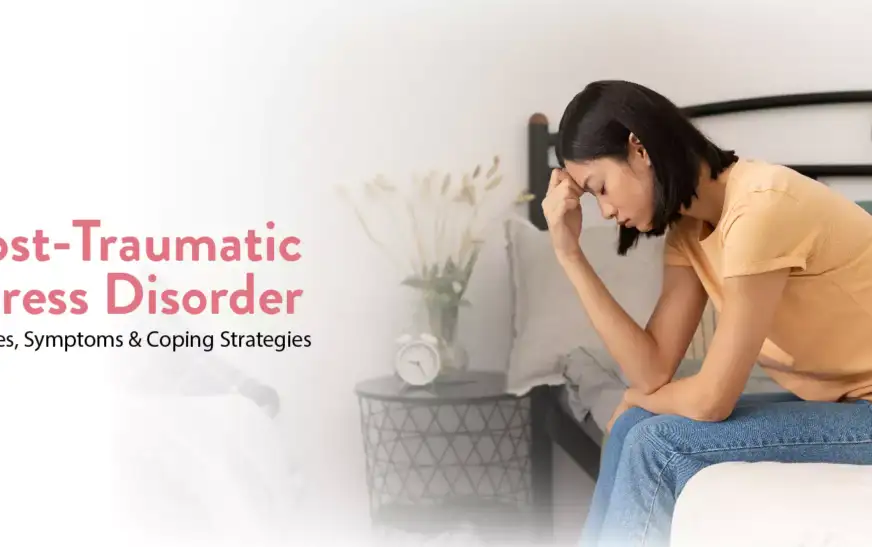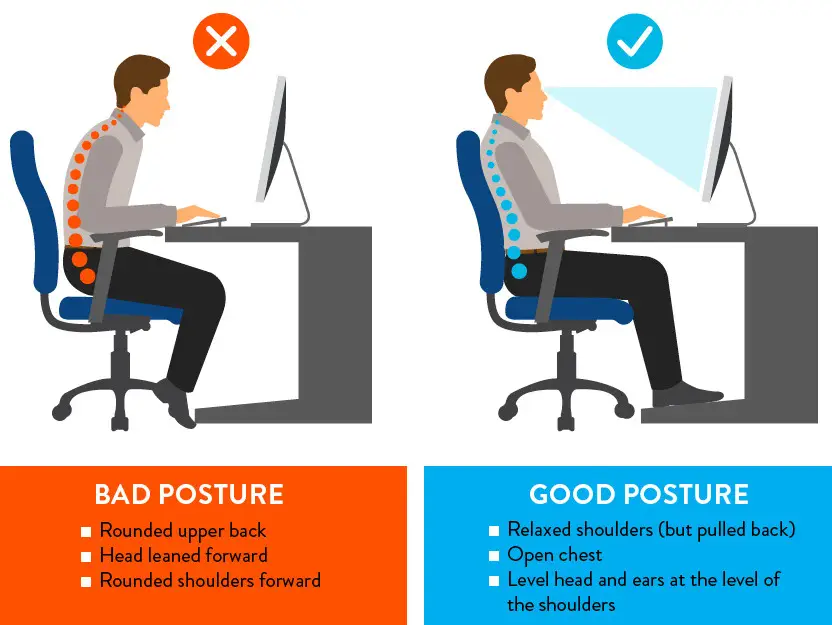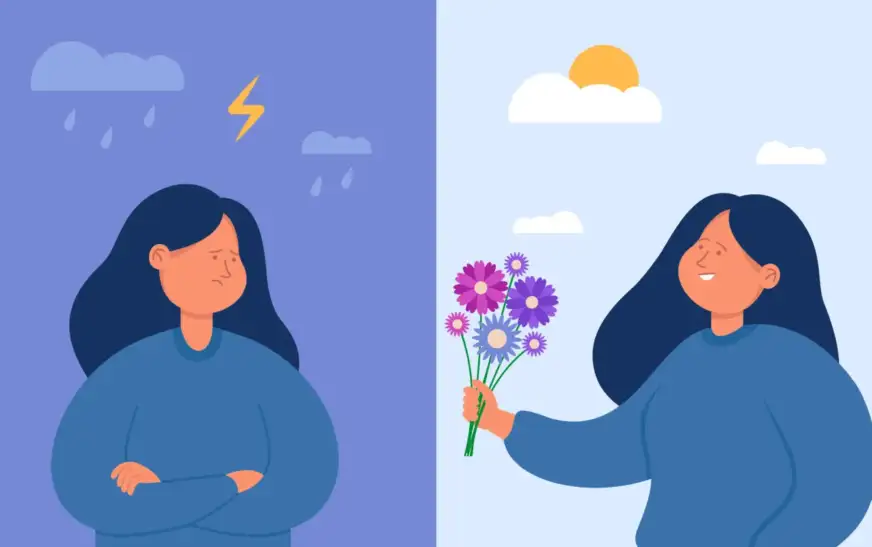Coping Strategies for Post-Traumatic Stress Disorder (PTSD)
Post-Traumatic Stress Disorder (PTSD) can feel like a heavy weight that never quite lifts. If you or someone you know has experienced trauma, understanding this condition is the first step toward healing. PTSD affects millions of people and manifests in various ways—nightmares, anxiety, flashbacks—the list goes on. It doesn’t just impact those who have served in the military; it touches lives across all walks of life.
Finding effective coping strategies can make a world of difference for anyone struggling with PTSD. From daily routines to professional help and support networks, there are numerous avenues to explore for relief and recovery. In this blog post, we’ll delve into practical approaches to managing PTSD symptoms while emphasizing the importance of self-care and community support. Whether you’re navigating your own journey or trying to help someone else heal, there’s hope on the horizon as we uncover paths toward resilience and renewal together.

Understanding PTSD and Its Symptoms
Post-Traumatic Stress Disorder is a mental health condition triggered by experiencing or witnessing a traumatic event. It doesn’t discriminate; anyone can develop PTSD, regardless of age or background.
Symptoms often manifest in different ways. Many individuals experience flashbacks that transport them back to the moment of trauma. Others may face intrusive thoughts that disrupt daily life. Anxiety and heightened alertness are common as well.
Emotional numbing might occur, making it difficult to connect with others or even feel joy. Nightmares can haunt sleep, contributing to fatigue and irritability during waking hours.
Understanding these symptoms is crucial for recognizing when someone might be struggling with PTSD. Awareness paves the way for compassion and support—a vital step toward healing for both individuals and their loved ones.
The Effects of PTSD on Daily Life
PTSD can cast a long shadow over everyday experiences. Individuals may find that simple tasks become overwhelming. Grocery shopping, attending social events, or even going to work might trigger anxiety.
Sleep disturbances are common too. Nightmares and insomnia disrupt rest, leading to fatigue during the day. This exhaustion can make it hard to concentrate or focus on responsibilities.
Relationships often suffer as well. Friends and family may struggle to understand what someone with PTSD is experiencing. Withdrawal from loved ones can create feelings of isolation.
Those coping with PTSD might also experience mood swings. Sudden anger or deep sadness can emerge without warning, complicating interactions in both personal and professional environments.
Living under constant stress takes its toll physically too—headaches, stomach issues, and increased heart rates are frequent complaints among those dealing with this disorder. Each day presents new challenges that require resilience and adaptability.
Coping Strategies for Managing PTSD Symptoms
Coping with PTSD symptoms can feel overwhelming. However, there are strategies that can help make the journey a bit easier.
Mindfulness practices, like meditation and deep breathing exercises, can ground you in the present moment. Taking just a few minutes each day to focus on your breath may reduce anxiety and intrusive thoughts.
Journaling is another powerful tool. Writing down your feelings allows for self-expression and reflection. It provides an outlet for emotions that might otherwise remain bottled up.
Establishing a routine brings structure to chaotic days. Simple tasks like making your bed or planning meals create stability amid uncertainty.
Physical activity also plays a vital role in managing symptoms. Whether it’s yoga, walking, or dancing, movement releases endorphins that improve mood and alleviate stress.
Experiment with these techniques to find what resonates best with you; every individual is unique in their healing process.

Seeking Professional Help: Therapy and Medication Options
Seeking professional help is a crucial step for anyone dealing with PTSD. Therapy can provide a safe space to explore feelings and experiences. Different approaches, like cognitive behavioral therapy (CBT) or eye movement desensitization and reprocessing (EMDR), focus on reshaping thoughts and processing trauma.
Medication can also play an important role in managing symptoms. Antidepressants, anti-anxiety medications, or other prescriptions may be recommended by healthcare professionals to ease emotional distress.
Finding the right therapist takes time. Look for someone experienced in trauma-focused care. Trust your instincts about who makes you feel comfortable.
Combining therapy with medication often yields better results than either option alone. Regular check-ins with your doctor ensure that treatment remains effective and adjustments are made as needed.
Remember, seeking help is not a sign of weakness but rather a courageous step toward healing.
Self-Care Techniques for Reducing PTSD Symptoms
Self-care is a crucial aspect of managing PTSD symptoms effectively. Simple practices can make a significant difference in daily life.
Mindfulness meditation helps ground you in the present moment. Taking just ten minutes each day to focus on your breath can reduce anxiety and promote calmness.
Physical activity also plays an essential role. Whether it’s walking, yoga, or dancing, moving your body releases endorphins that uplift your mood.
Establishing a routine fosters stability. Regular sleep patterns and meal times create predictability, which can be comforting during turbulent times.
Journaling allows for emotional expression. Writing down thoughts and feelings provides an outlet for processing trauma without judgment.
Engaging with nature offers healing benefits. Spending time outdoors boosts mental well-being and connects you to the world around you.
Building a Support System and Finding Community
Building a support system is crucial for anyone dealing with PTSD. Connection fosters healing and resilience.
Start by reaching out to trusted friends or family members. Let them know what you’re experiencing. Open conversations can strengthen your bonds and help others understand your needs.
Consider joining local or online support groups tailored for those facing similar challenges. Hearing others share their stories can be comforting and empowering, reminding you that you’re not alone in this journey.
Engaging with community resources like workshops, retreats, or events can provide new friendships and perspectives. Community helps normalize feelings associated with PTSD.
Don’t underestimate the impact of social media connections either. Online platforms can offer valuable insights while allowing you to connect at your own pace.
Finding the right people may take time, but each connection has the potential to make a significant difference in coping effectively with PTSD symptoms.

Conclusion: Living with PTSD and Moving Forward
Living with PTSD can feel like carrying a heavy burden. The journey often involves navigating through complex emotions and challenging experiences. However, it’s essential to remember that managing the symptoms is possible.
Each coping strategy discussed—from professional help to self-care—can play a vital role in your healing process. Engaging in therapy or exploring medication options might provide the support needed for many individuals. At the same time, practicing self-care techniques allows for moments of peace amid chaos.
Building a solid support system can also make a significant difference. Connecting with others who understand what you’re going through fosters an environment of empathy and validation. Seeking out communities, whether online or local, offers comfort and shared understanding.
Healing from PTSD takes time and patience; there will be ups and downs along the way. Embracing each small step forward contributes to progress over time. It’s crucial to acknowledge where you are right now while remaining hopeful about what lies ahead.
The path may be filled with challenges, but taking proactive steps toward managing PTSD opens doors for growth and resilience—a chance at reclaiming joy in life again.










